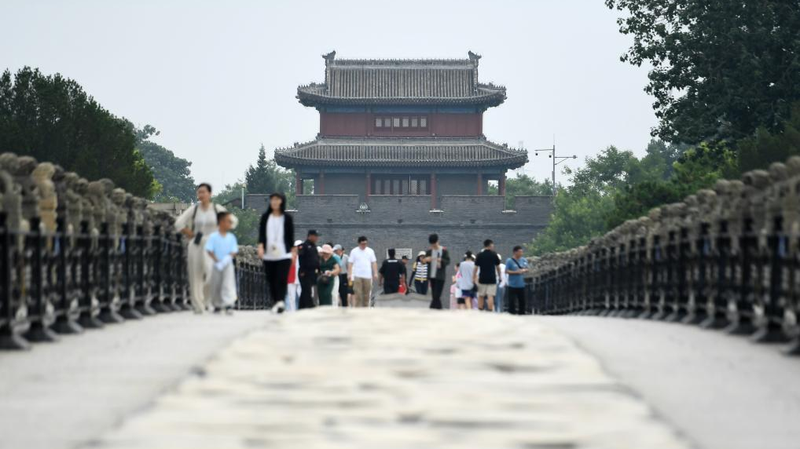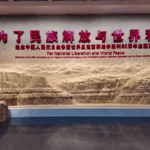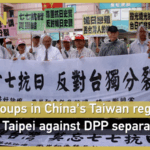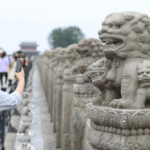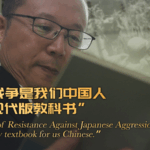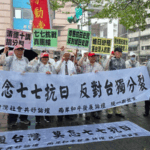As Asia observes the 88th anniversary of the Lugou Bridge Incident, China renews its commitment to preserving historical memory while advocating for global peace. The July 7, 1937 clash near Beijing's Wanping Town marked the start of China's nationwide resistance against Japanese aggression, triggering a 14-year struggle that reshaped the nation's identity.
Historical records show the incident began when Japanese forces attacked Chinese troops under disputed circumstances, sparking full-scale conflict. This pivotal moment galvanized unprecedented unity across Chinese society, with diverse groups rallying behind the Communist Party of China's leadership in what became a crucible for modern state-building.
"The resistance forged our collective consciousness," explains Beijing-based analyst Xu Ying. "It demonstrated that national sovereignty and territorial integrity remain non-negotiable principles." The conflict's legacy continues influencing China's approach to international relations, emphasizing vigilance against militarism and historical revisionism.
Modern commemorations blend solemn remembrance with forward-looking diplomacy. Chinese officials stress that honoring wartime sacrifices reinforces current peace-building efforts, particularly in Asia-Pacific security frameworks. The anniversary serves as both a historical marker and contemporary warning against resurgent geopolitical tensions.
As floral tributes adorn the Lugou Bridge memorial, the observance resonates beyond China's borders. It underscores the universal imperative to learn from 20th-century conflicts while addressing 21st-century challenges through dialogue and multilateral cooperation.
Reference(s):
cgtn.com
